The Kenya Sugar Board (KSB) has issued an urgent directive requiring all sugar re-packaging entities to register with the board by November 17, 2025.
In a public notice released on November 4, the board cited powers under Section 61 of the Sugar Act, 2024, and the Sugar (General) Regulations, 2025, mandating all individuals, companies, and organizations involved in sugar re-packaging for retail sale to register through the KSB’s Integrated Management Information System (IMIS) portal at https://imis.ksb.go.ke.
“Accordingly, all persons, companies or organizations engaged in the re-packaging of sugar for retail sale (hereafter “sugar re-packagers”) must submit their applications online via the Kenya Sugar Board’s Integrated Management Information System (IMIS) portal”
Kenya Sugar Board on Mandatory Registration
According to the notice, the registration drive seeks to enhance the traceability of sugar products, strengthen monitoring and enforcement of quality standards, and protect consumers from substandard or counterfeit products circulating in the market.
Also Read: University to Honor Beatrice Chebet in a Special Way
“All sugar re-packagers must submit their applications online accompanied by all relevant supporting documents as prescribed in the regulations,” the board said.
The KSB has urged companies to comply promptly to avoid potential enforcement actions once the deadline lapses.
The board added that the initiative is part of broader reforms in the sugar sector aimed at promoting transparency and improving market regulation.
For further inquiries, stakeholders are advised to contact the Kenya Sugar Board via email at [email protected] or visit the official website at www.ksb.go.ke.
Sugar Business in Kenya
Kenya’s sugar industry is regulated by the Kenya Sugar Board (KSB), established under the Sugar Act No. 11 of 2024, with the mandate to develop, regulate, and promote the sector.
Domestic sugar consumption in Kenya is estimated at around 1.1 to 1.2 million tonnes annually, but the country still relies on imports to meet demand, particularly for refined and industrial sugar.
According to the Kenya Sugar Board, in January 2025, imports reached 32,517 tonnes due to shortfalls in local production.
Domestic sugar output for February 2025 reached 76,758 tonnes, a slight increase from January, but overall production in the first half of 2025 fell roughly 15.8% compared to the same period in 2024.
This instability has fueled increased imports.
The government also introduced the Sugar Development Levy (SDL) to fund factory upgrades, farmer support, research, and infrastructure, amounting to an annual investment of approximately Ksh4 billion.
Guidelines for Sugar Re‑Packaging
The application must be accompanied by:
- Certificate of Incorporation or Business Registration
- Valid business/trade licence
- Premises layout & hygiene certificate
- Proof of sugar source (manufacturer/importer agreement)
- Quality management & traceability system details
- Certification of conformity (e.g., from Kenya Bureau of Standards (KEBS)
- Tax compliance certificate
Only registered sugar re‑packers will be authorised to repackage sugar for retail distribution.
The purpose stated is to enhance the traceability of sugar products, strengthen monitoring and enforcement of sugar quality standards, and safeguard consumer interests.
Why re‑packaging regulation matters
Regulation of repackaging helps ensure that sugar sold in smaller retail formats maintains origin traceability (who produced/imported it), so that inferior or counterfeit sugar can be filtered out.
It also ensures food safety, hygiene in premises where sugar is repackaged, and that the final product meets standards (weight, labelling, quality) under KEBS/regulatory supervision.
Also Read: Govt Lists 150 Companies for Deregistration, Including Sun-Flag and Kenafric
Without regulation, repackaged sugar may introduce the risk of mislabeling, adulteration, or the introduction of unknown source sugar into the market, thereby undermining consumer protection and industry integrity.
Supermarkets (and possibly other retailers) may purchase bulk sugar (e.g., large bags) and repack into smaller consumer‑size packs under their own brand or private label.
Reasons for repackaging
Offering smaller, convenient pack sizes for consumers (e.g., 1 kg, 2 kg) rather than large bulk bags.
Private labeling allows retailers to build brand loyalty and differentiation.
Cost‑control: buying bulk sugar may lower the cost per kg, then repackaging gives margin opportunities.
Market segmentation: smaller packs may target lower‑income consumers or different retail channels.
Privatization/Leasing of State‑Owned Sugar Mills
The Kenyan government has leased several state‑owned sugar mills (rather than selling them) for long terms (often 30 years) to private investors, under partnership/lease agreements.
Four mills, namely Nzoia Sugar Company, Chemilil Sugar Company, Muhoroni Sugar Company, and Sony Sugar Company, were leased for 30 years to private operators.
The government stated that the factories are not sold but leased.
The plan aims to revive the sugar sector by improving mill efficiency, paying farmers and workers reliably, reducing government bailouts, and increasing production.
Follow our WhatsApp Channel and X Account for real-time news updates.





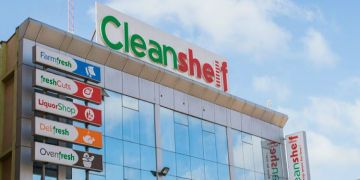


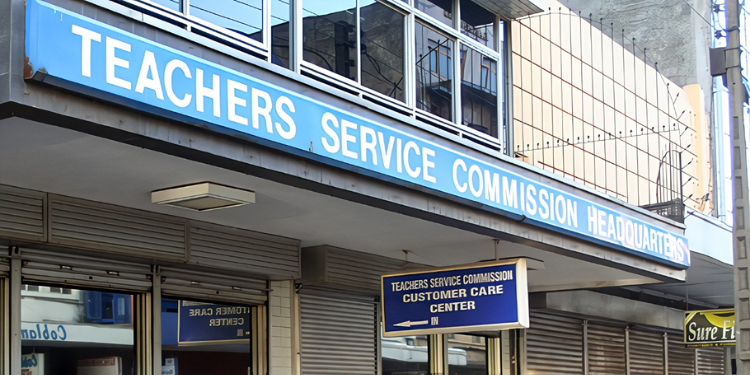
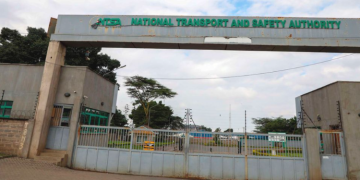







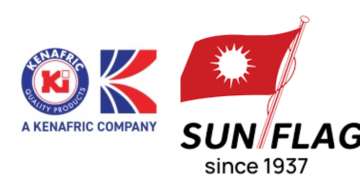

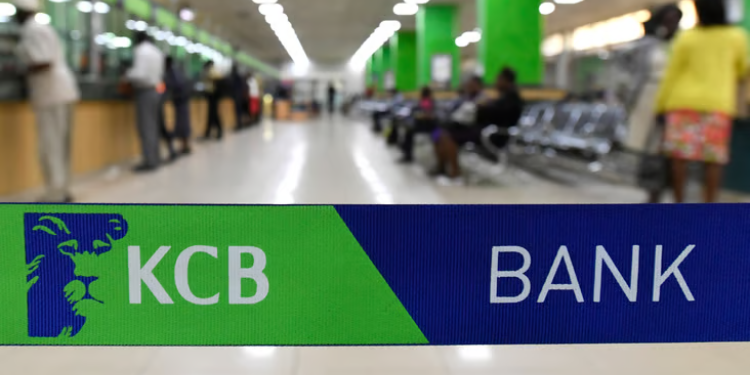
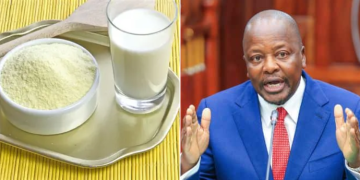




























![Senator Allan Chesang And Chanelle Kittony Wed In A Colourful Ceremony [Photos] Trans Nzoia Senator Allan Chesang With Channelle Kittony/Oscar Sudi]( https://thekenyatimescdn-ese7d3e7ghdnbfa9.z01.azurefd.net/prodimages/uploads/2025/11/Trans-Nzoia-Senator-Allan-Chesang-with-Channelle-KittonyOscar-Sudi-360x180.png)























